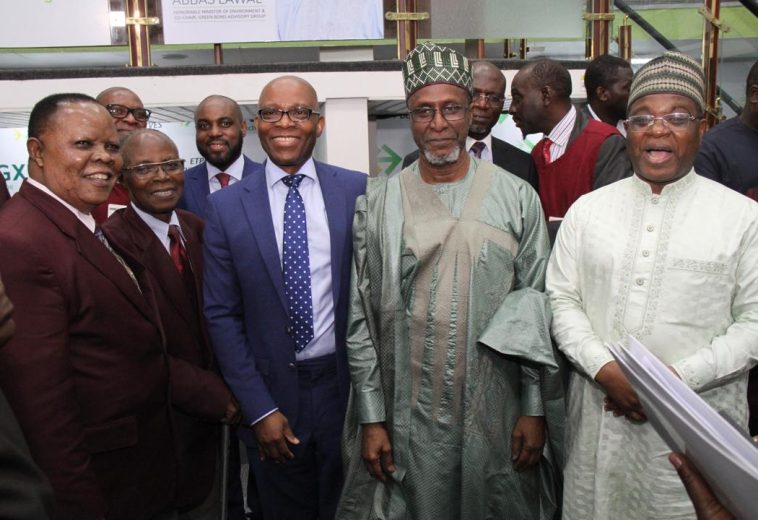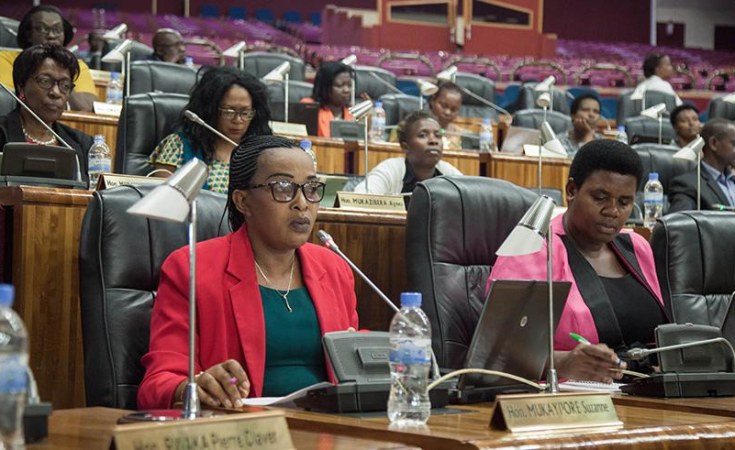Nigeria, Africa’s largest economy, faces fiscal challenges exacerbated by global economic volatility, internal economic reforms, and socio-political pressures. President Bola Tinubu’s recent proposal to the Senate highlights Nigeria’s ongoing efforts to stabilize its economy amidst budget shortfalls and rising public expectations for economic relief measures.
As of 2024, Nigeria operates under a budget of 28.77 trillion naira, with reforms including removing fuel subsidies and currency devaluation, aimed at bolstering investor confidence and stimulating economic growth. However, these measures have also led to soaring inflation rates and increased living costs, posing challenges for ordinary citizens.
During President Muhammadu Buhari’s tenure, Nigeria grappled with substantial budget deficits and a huge debt profile. Between 2016 and 2022, the Buhari government raised total revenues of N26.67tn but expended N60.64tn, resulting in a deficit of N33.97tn. This deficit was primarily financed through a significant increase in domestic debt, soaring from N8.84tn in 2015 to N44.91tn by mid-2023. External debt also ballooned from $7.35bn to $37.2bn during this period, excluding additional support from the Central Bank amounting to N25tn. This has led average Nigerians including experts in economics to argue whether Nigeria’s budget spending and borrowing under President Tinubu’s regime is becoming more reckless than the previous regimes.
Addressing Budget Shortfalls
President Tinubu has requested an additional spending allocation of 6.2 trillion naira to address the existing budget deficits. This supplementary budget aims to finance critical infrastructure projects, support education and healthcare initiatives, and enhance welfare programs. Notably, 3.2 trillion naira is earmarked for infrastructure development, while 3 trillion will cover recurrent expenditures, reflecting the government’s dual focus on long-term growth and immediate fiscal stability.
In tandem with increased spending, the government plans to implement a one-off windfall tax on banks’ foreign exchange gains. This revenue-generating strategy is part of Tinubu’s broader fiscal policy aimed at boosting government revenues to fund essential services and alleviate socio-economic pressures. The proposal aligns with Nigeria’s “Accelerated Stabilisation and Advancement Plan” (ASAP), a collaborative effort between the government, private sector stakeholders, and economists to sustain economic reforms and spur growth.
Despite these initiatives, Nigeria’s economic growth remains subdued, hovering around 3% annually—well below the targeted 6% envisioned by the administration. The impact of subsidy removal and currency adjustments has been palpable, with tripled petrol prices and heightened transport costs contributing to a 28-year high in inflation rates. This economic strain has triggered widespread discontent and mounting pressure on the government to mitigate the adverse effects on citizens’ living standards.
Recognizing the urgent need to bolster key sectors, President Tinubu has instructed his economic team to devise a 2 trillion naira stimulus plan. This plan aims to stabilize food supplies, enhance energy infrastructure, and bolster critical sectors like healthcare and social welfare. These targeted interventions are crucial in addressing immediate economic vulnerabilities and laying the groundwork for sustainable growth and recovery.


